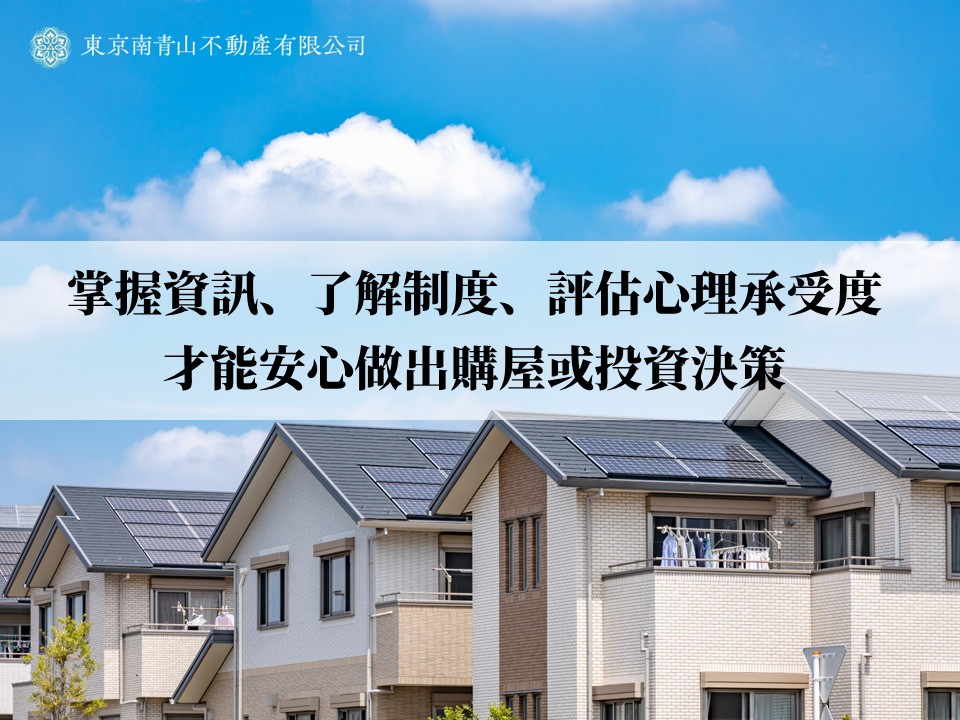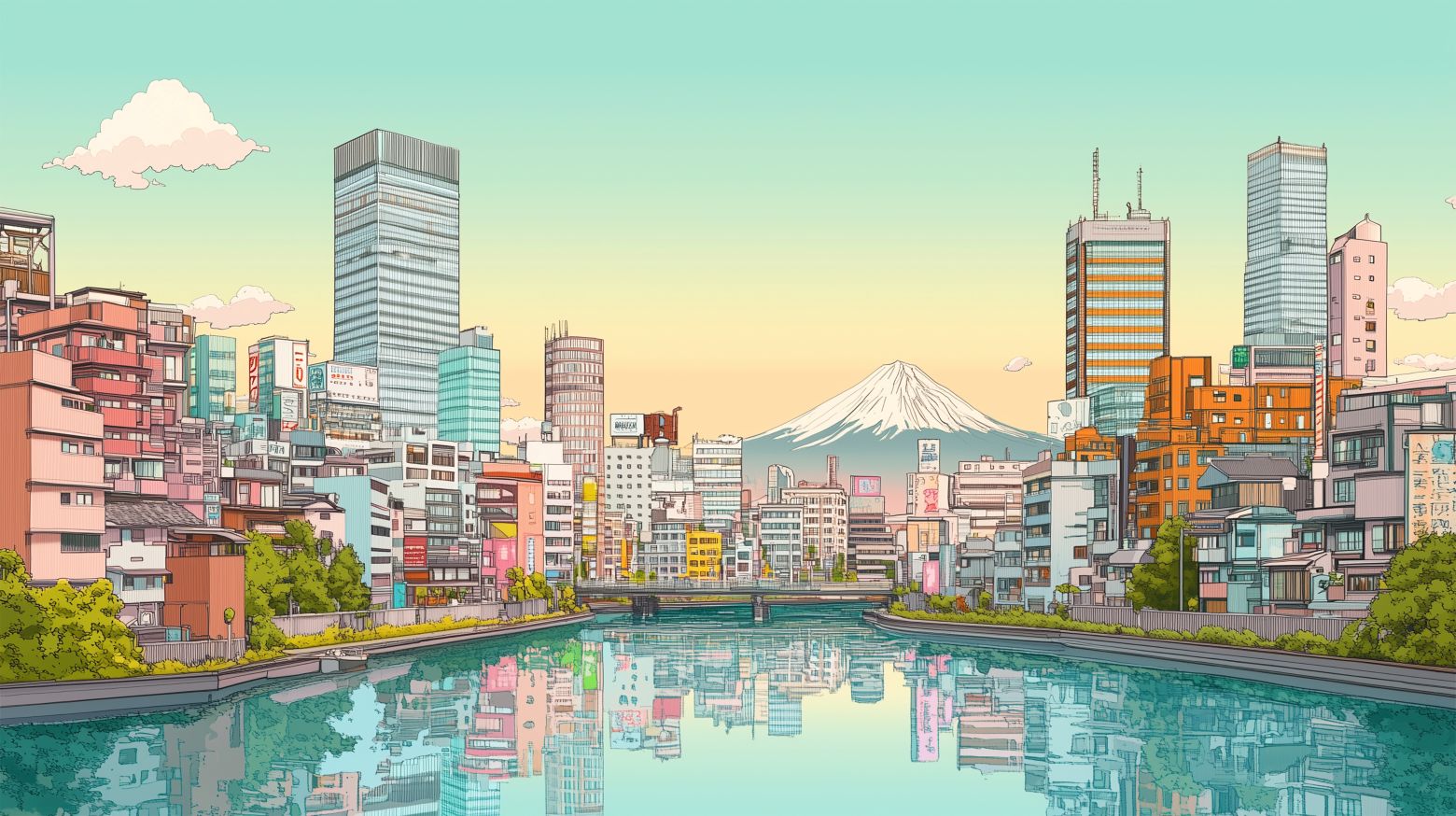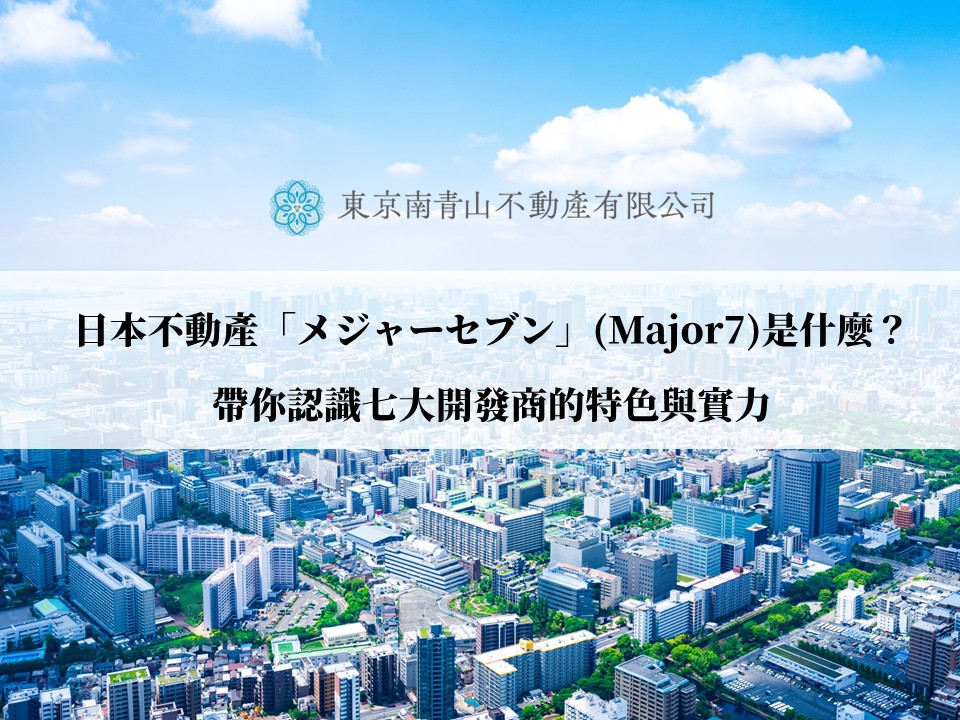1. Cultural Background of Stigmatized Properties: From Superstition to Institutional Change
In Japan, the concern over “stigmatized properties” (accident properties) is deeply rooted in traditional religious beliefs and cultural values. For example, in Shintoism, it is believed that if a person dies with lingering resentment, their spirit may remain at the site, becoming a “wandering soul” that troubles future occupants. This cultural mindset has long existed in Japanese society.
Classical Japanese literature, such as The Tale of Genji, often depicts scenes involving haunted places or ghostly presences, reflecting the symbolic relationship between people and their homes that has persisted for centuries.
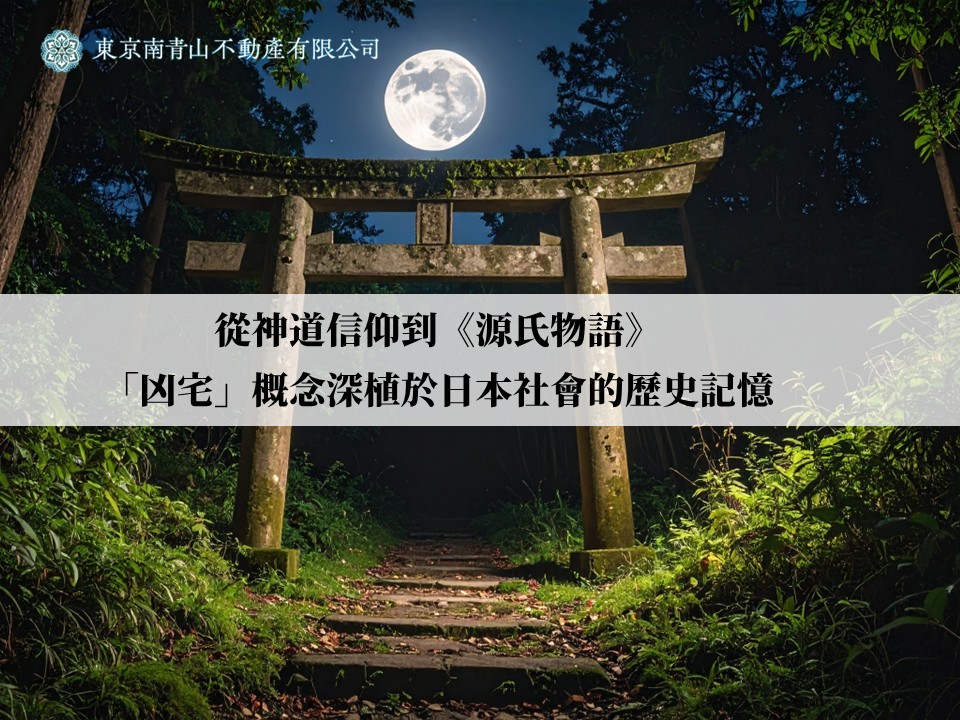
2. Modern Perspectives: Do Japanese People Still Care About Stigmatized Properties?
Perspective 1:
Superstition Exists, but Legal Protections Are in Place
Despite lingering superstitions, there are institutional safeguards in practice. When buying or renting a property, agents are legally obligated to disclose “important matters,” including any unnatural deaths that occurred on the premises. This ensures consumers have the right to know and make informed choices.
Perspective 2:
Under Pressure from High Housing Prices, Stigmatized Properties Become a Low-Cost Option
With rising costs of materials and labor, and the influx of foreign investors, housing prices in Japan have surged. As a result, some people are reconsidering the value of stigmatized properties. For both homeowners and investors, these properties may offer discounts of 20% or more, making them an attractive option.
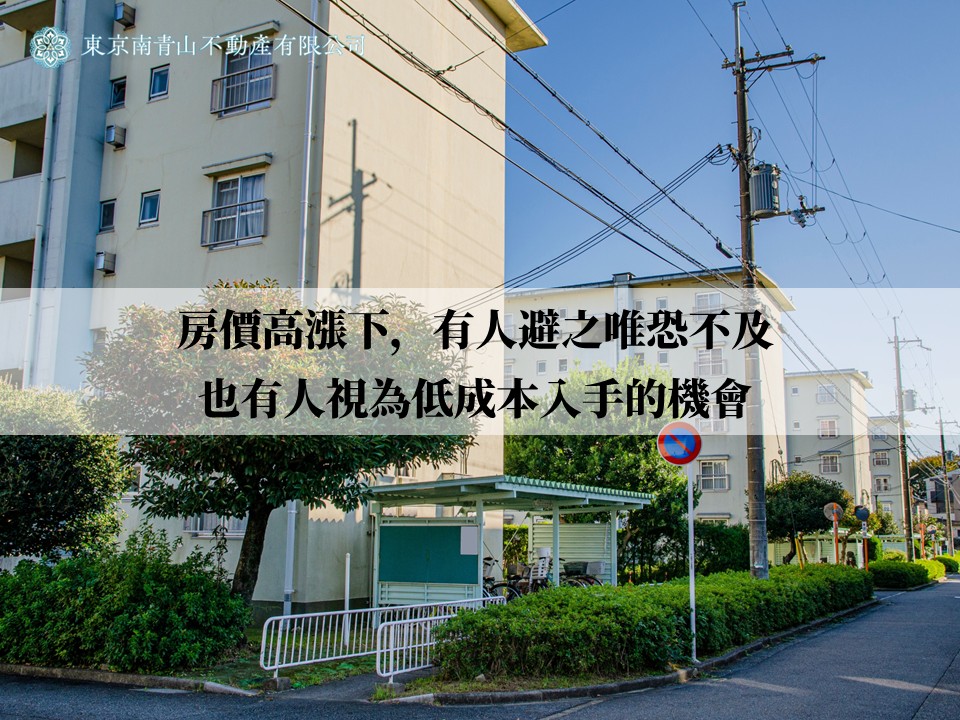
Perspective 3:
Psychological Aversion Remains Strong and Hard to Overcome
Despite the financial appeal, psychological discomfort persists. Media reports have quoted young women saying, “Even with a discount, I’d still avoid that kind of place… It’s not just about ghosts—it just feels creepy.”
This shows that “rational thinking + price” still cannot fully overcome deep-seated psychological biases.
3. How to Avoid Stigmatized Properties: Three Rational Tips
(1) Check Public Information
In Japan, the first step to avoid buying or renting a stigmatized property (accident property) is to do your research.
Oshima Teru: This is a privately operated “accident property disclosure site” where users can search for properties across Japan (and even overseas) that have been involved in incidents. The map-based interface helps reduce information asymmetry for consumers.

Oshima Teru Accident Property Disclosure Site
Real estate platforms and licensed agents: According to Article 35 of the Real Estate Transaction Law, agents are required to provide a “Statement of Important Matters” before signing a contract. If a property has experienced unnatural deaths such as suicide, homicide, or fire, disclosure is mandatory within three years of the incident.
During the buying or leasing process, confirm whether any incidents occurred and whether the disclosure obligation period is still active.
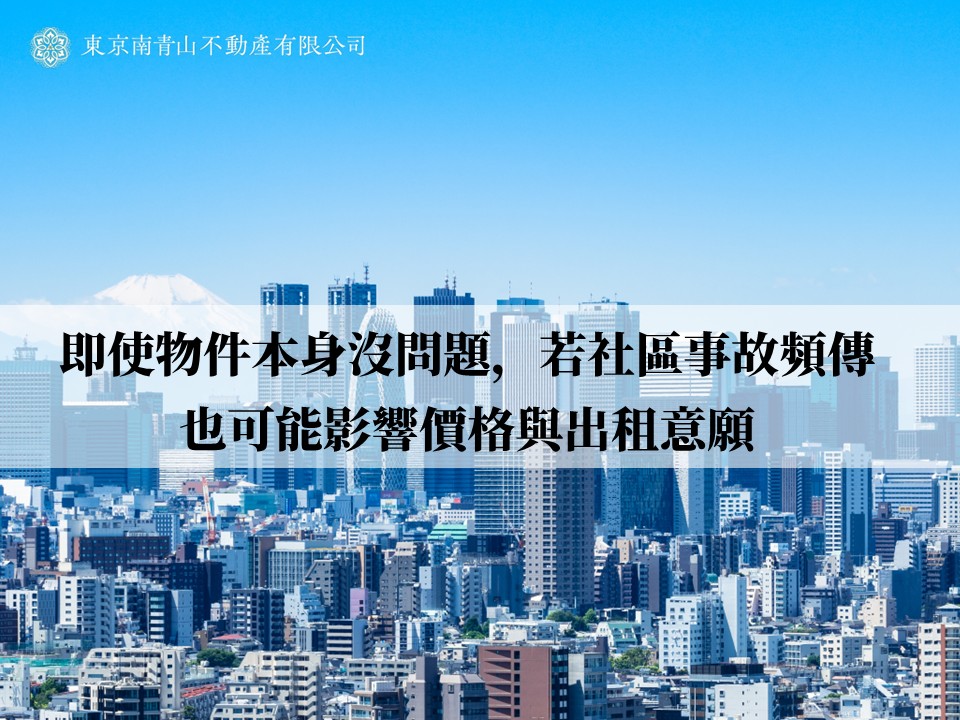
(2) Rational Thinking: Budget vs. Psychological Tolerance
Avoiding stigmatized properties is not just a legal issue—it’s also a psychological one.
For homeowners: If peace of mind is important to you, it’s recommended to choose a regular property. Even if it costs more, it helps avoid future psychological stress.
For investors: Stigmatized properties are often priced 20–30% lower than market value in the same area. However, they come with risks such as difficulty renting out and high vacancy rates. Whether it’s worth it depends on your ability to handle both psychological and market challenges.
(3) Explore Alternatives and Assess the Neighborhood
Even if a property itself is fine, frequent reports of incidents in the surrounding area or neighborhood can affect property value and rental appeal.
Compare nearby areas: If you notice frequent incidents around your target property, consider shifting your search to another neighborhood.
Check community reputation: Use news reports and local discussions to understand whether the area has issues such as poor security or frequent cases of solitary deaths.
4. Conclusion: Balancing Rationality and Cultural Awareness Is Key
Japanese society does show sensitivity toward stigmatized properties, rooted in deep religious and historical beliefs. However, modern systems and market mechanisms also give buyers more room for rational judgment and autonomy:
• Use public resources like Oshima Teru and agent disclosures to ensure transparency.
• Market dynamics may turn stigmatized properties into low-cost options amid rising housing prices.
• Psychological and cultural factors still play a role—rational acceptance doesn’t always overcome emotional resistance.
